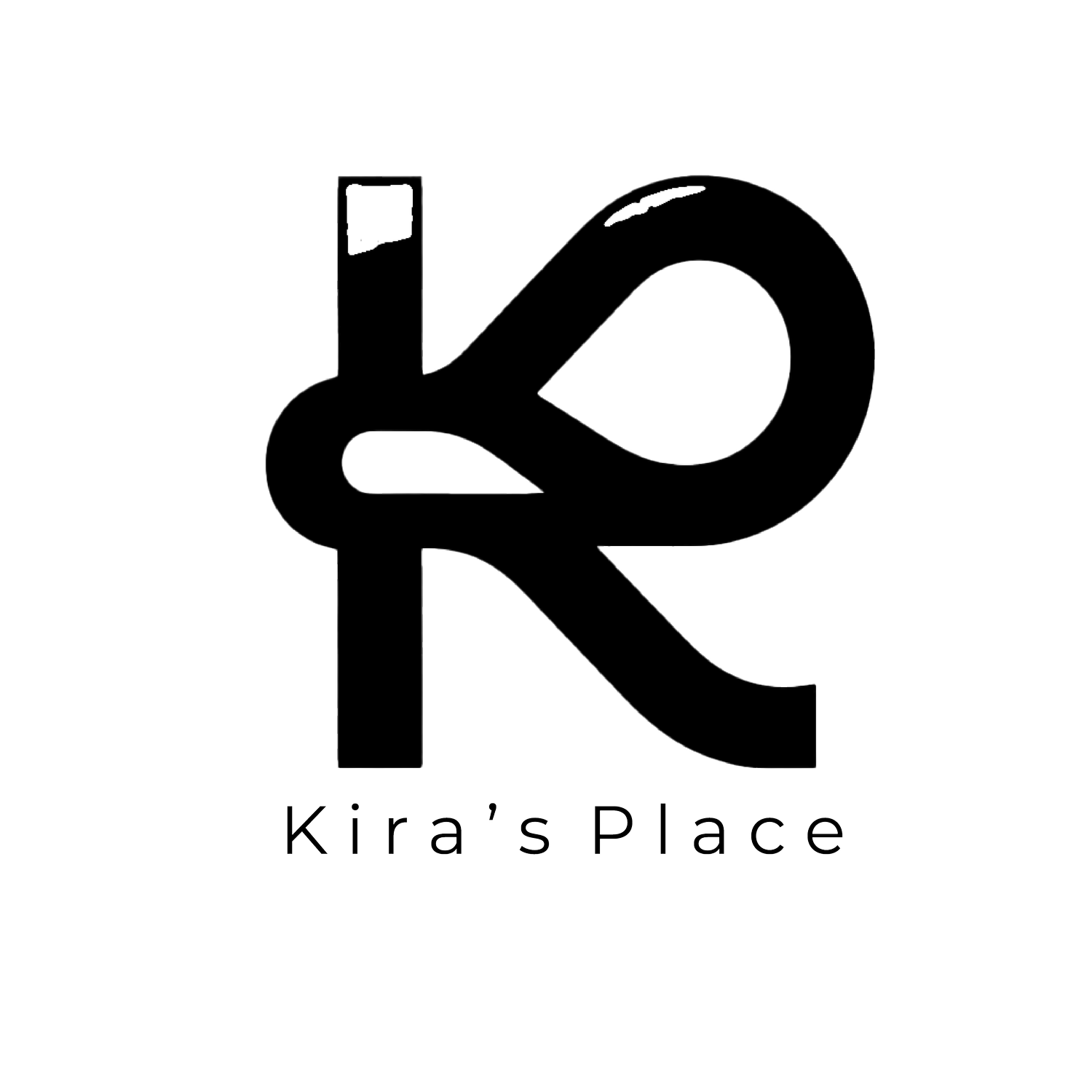The Psychological Landscape of Perfectionism:
Introduction: In the realm of artistic creation, the pursuit of perfection often imposes constraints on creative expression, stifling the inherent beauty of imperfection. Yet, within the canvas of singular, unrepeatable moments, artists find liberation from the shackles of perfectionism, reclaiming their creative autonomy and embracing the raw authenticity of human experience. Looking at the connections between non-perfect art and the epistemological significance of singular moments, as well as weaving together scholarly insights, philosophical reflections, and artistic discourse to underscore the profound implications of this symbiotic relationship, I hope to further understand the importance of a singular moment.
The Psychological Landscape of Perfectionism: The pressure to achieve perfection can have deleterious effects on artistic freedom and self-expression. Research in the field of psychology has highlighted the detrimental impact of perfectionism on mental well-being, creativity, and overall satisfaction with one's artistic endeavours.
"In the fixed mindset, imperfections are shameful—especially if you’re talented—so they lied to cover up their mistakes and avoid criticism." - Psychologist Carol S. Dweck
Perfectionism, characterised by an unyielding desire to achieve flawlessness and an excessive concern over mistakes, is a pervasive phenomenon in artistic circles. Psychologists have identified two primary dimensions of perfectionism: self-oriented perfectionism, which involves setting unrealistically high standards for oneself, and socially prescribed perfectionism, which entails perceiving unrealistic expectations from others. Moreover, perfectionism has been shown to stifle creativity and innovation, limiting artists' willingness to take risks and explore new ideas. Psychologist Wendy Wood once remarked, "Perfectionism is the enemy of creativity.". The rigid adherence to preconceived notions of perfection can inhibit the free-flowing expression of ideas and impede the creative process, resulting in stagnation and artistic paralysis.
The Ontology of Singular Moments
Philosophically, the notion of imperfection challenges traditional conceptions of artistic excellence, inviting a reevaluation of the very essence of creativity. As posited by philosopher Friedrich Nietzsche, "One must still have chaos in oneself to be able to give birth to a dancing star." . This underscores the transformative power of imperfection in catalysing creative innovation and fostering the emergence of new artistic paradigms.
Singular moments in themselves present a fascinating ontological inquiry, as they challenge conventional notions of time, causality, and existence. As noted by existential philosopher Jean-Paul Sartre, "We must act out our lives in the full consciousness of the meaninglessness of our existence.". In this existential framework, singular moments emerge as points of existential confrontation, where individuals grapple with the transient nature of being and the search for meaning amidst the flux of time. Psychological research has also shed light on the psychological impact of singular moments on human cognition and emotion. According to renowned psychologist Abraham Maslow, "The ability to be in the present moment is a major component of mental wellness.". This assertion underscores the importance of mindfulness and present-moment awareness in cultivating psychological well-being. Singular moments, with their inherent immediacy and intensity, have been shown to elicit profound emotional responses and facilitate deep introspection.
In the realm of visual art, the embrace of imperfection manifests through diverse artistic movements, from abstract expressionism to contemporary collage. Artists such as Jackson Pollock and Pablo Picasso challenged conventional notions of artistic perfection, instead embracing spontaneity, intuition, and chance as central tenets of their creative practice.
"Every child is an artist. The problem is how to remain an artist once he grows up." - Picasso
